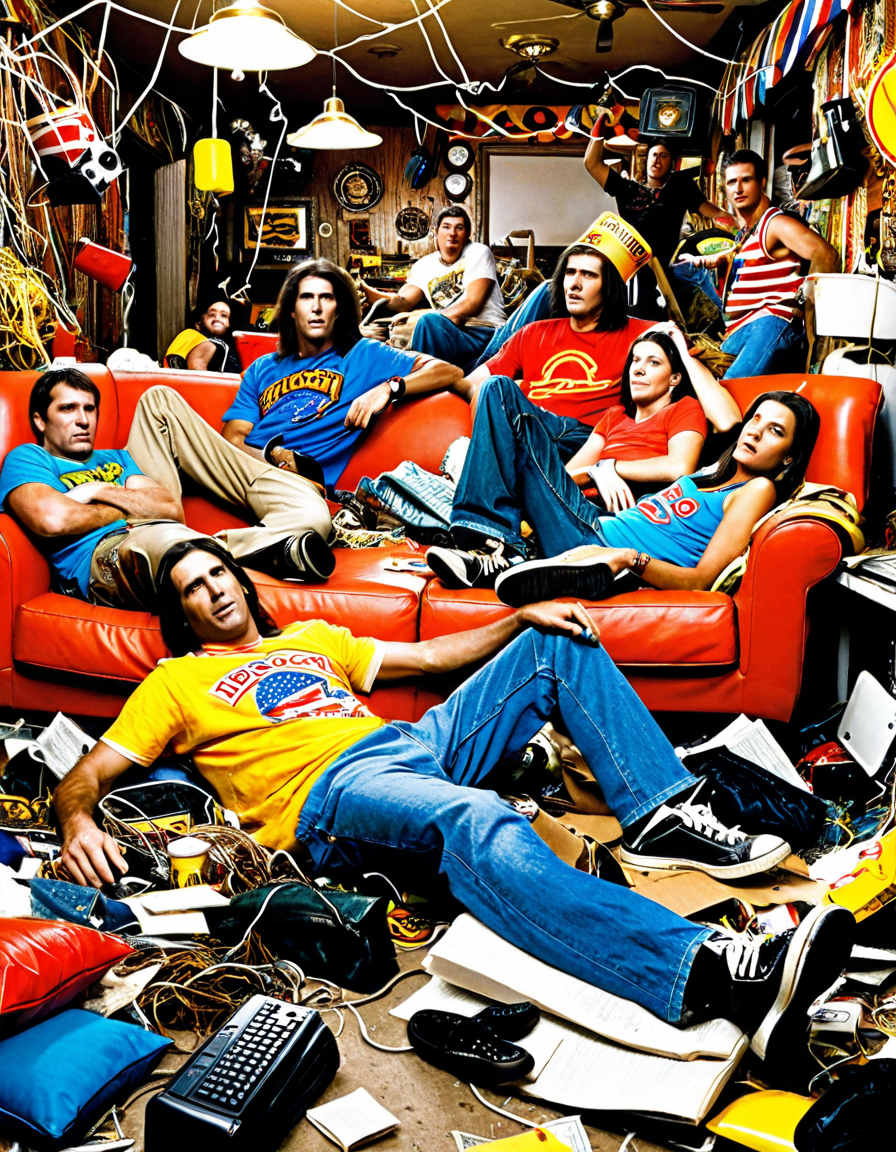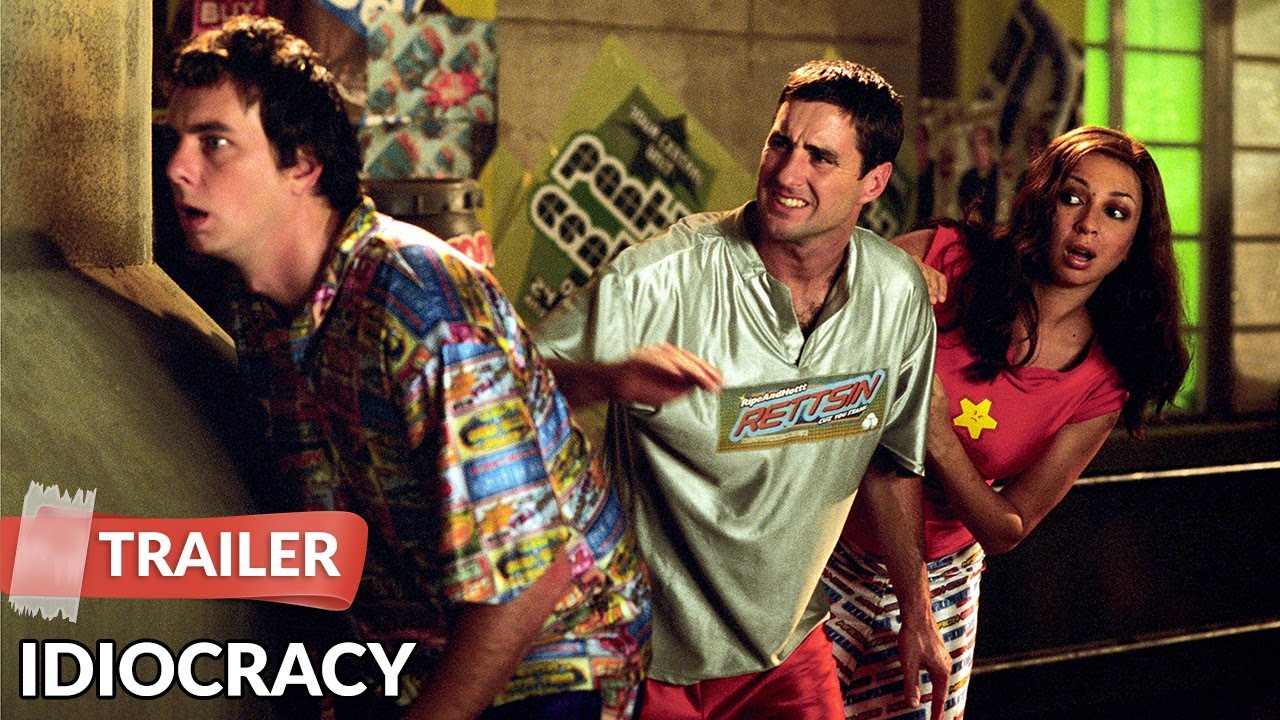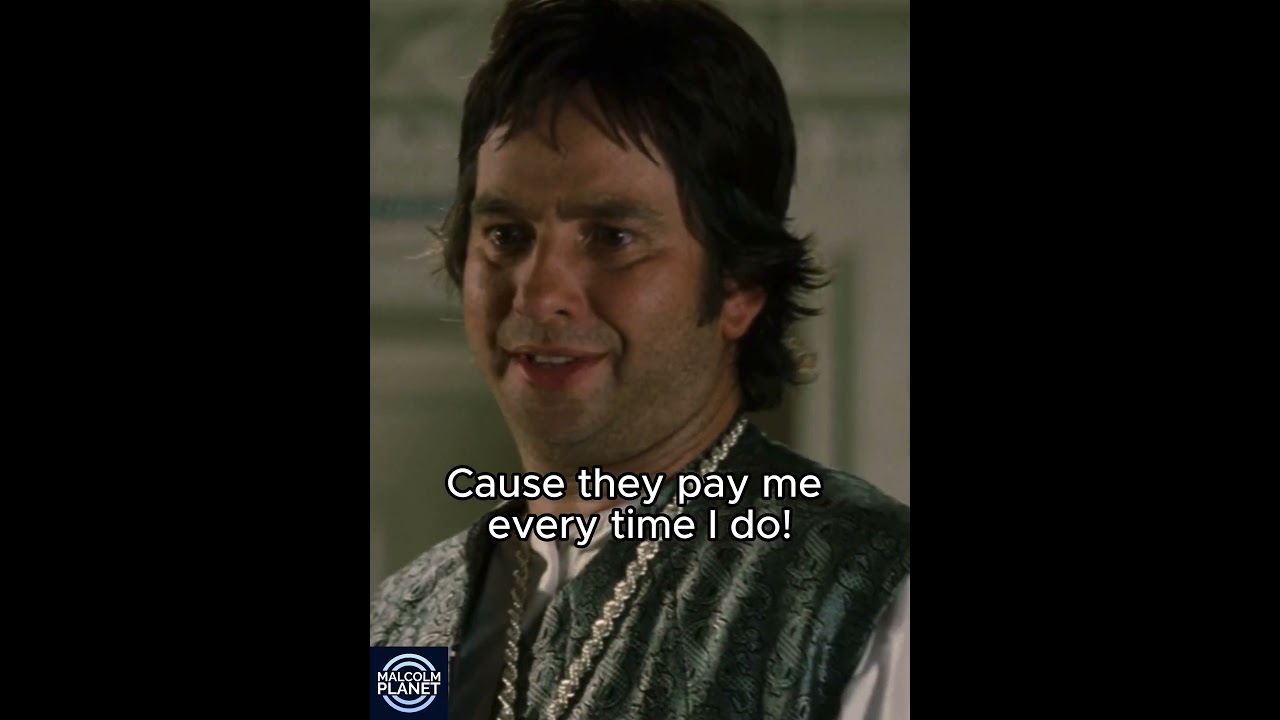In the landscape of cinema, few films managed to hit the nail on the head quite like Mike Judge’s 2006 gem, “Idiocracy.” This dystopian comedy sends chills down the spine, depicting a future where society’s intelligence has taken a nosedive due to mindless consumerism and media overload. Now that we’ve entered 2026, it’s hard to ignore how uncannily accurate “Idiocracy” has become. So, grab your popcorn as we delve into seven critical themes from “Idiocracy” that echo alarmingly with our present reality.
Top 7 Themes in ‘Idiocracy’ That Echo in 2026

1. Anti-intellectualism and Education Decline
“Idiocracy” showcases a society where education has crumbled, populated by characters like President Camacho, who embodies the anti-intellectual spirit. Fast forward to 2026, and we see similar patterns emerging. LinkedIn’s 2025 Global Talent Trends report indicates that employers increasingly favor “soft skills” over traditional education credentials. This shift raises eyebrows, hinting at a world more concerned with showmanship than genuine knowledge, just like our friends in “Idiocracy.”
2. The Rise of Meme Culture
Remember the hysterical TV show “Ow My Balls!”? It perfectly captures the absurdity of a society obsessed with lowbrow entertainment. Fast forward to now, and platforms like TikTok have revolutionized how we consume content, turning memes into our go-to source of somewhat shallow yet entertaining information. A recent survey in 2026 revealed that a staggering 78% of users now rely on social media for news. As we laugh, we must also ask: are we regressing into the same superficiality so comically portrayed in “Idiocracy”?
3. Corporate Control and Influence
In “Idiocracy,” corporations have a stranglehold on society, constantly pushing products and ideas that prioritize profits over people. This trend has snowballed in recent years, especially with tech giants like Amazon and Facebook expanding into healthcare and infrastructure. According to Brookings Institution research, the influence of corporations in legislative spaces continues to rise, making it feel as if we’ve walked straight into an “Idiocracy” scenario where profit margins supersede public good.
4. The Dumbing Down of Language
“Idiocracy” paints a humorous picture of a world where language has degraded significantly. With characters communicating in a confused mix of fractured English, it begs an important question: how are we faring in 2026? Like the movie, our modern communication often defaults to acronyms, abbreviations, and emojis. Scholar Benjamin Bergen asserts that effective communication is losing its ground, which sadly illustrates the film’s cautionary tale where linguistic decline is becoming a common reality.
5. Environmental Neglect
The ambitious landscape of “Idiocracy” shows a world where environmental issues go unchecked, leading to disastrous consequences. Today, climate change remains a hot-button issue, met with political divides. For instance, the 2026 Global Climate Report warns of catastrophic impacts if we don’t change our course swiftly. The film aptly underscores a critical message: we cannot afford to ignore our responsibilities for future generations.
6. Overreliance on Technology
In “Idiocracy,” overreliance on technology leads to a society that neglects critical thinking. Now, think about how much we lean on smart devices and AI for even the simplest tasks. A Pew Research study from 2026 revealed that 40% of people can’t even recall basic facts without Googling them. This trend prompts serious questions about the balance between human memory and machine efficiency, a theme entirely fitting with the narrative from “Idiocracy.”
7. Consumerism and Instant Gratification
The frantic consumer culture of “Idiocracy,” showcased with products like ‘Brawndo’ — an energy drink touted as a miracle solution — mirrors today’s fixation on instant gratification. As subscription services and fast-fashion continue to explode, we see a worrying commitment to consumption over sustainability. Research indicates that Generation Z is particularly contributing to our obsession with fast fashion. It’s a frantic acquisition mode that echoes the reckless ethos the film criticized, and it deserves a spotlight.

Envisioning a Collaborative Future
Reflecting on the insights from “Idiocracy,” we find ourselves at a crossroads in 2026. Just as Mike Judge’s film intricately weaves humor with harrowing truths, we must embrace these lessons to drive conversations about education, environmental justice, and corporate influence. By nurturing critical thought and encouraging action against superficial pursuits, we can rewrite our narrative. Let’s face it: our future doesn’t have to look like a goofy sequel to “Idiocracy” — but it takes collective effort to steer clear of that track.
Bonus Tidbits for Movie Nerds
As we ride the wave towards an uncertain future, one thing’s clear: let’s hope we don’t find ourselves living out the comedic cautionary tale of “Idiocracy.” Stay informed, stay engaged, and let’s shape a future that reflects our best selves instead of our worst. Who knows? Maybe the next blockbuster will be our wake-up call!
Idiocracy: Fun Trivia and Interesting Facts
Dystopian Predictions Come to Life
Released in 2006, Idiocracy didn’t just catch audiences off guard with its outrageous premise; it also became an uncanny reminder of where society might be heading. Over the years, fans have unearthed some wild trivia about the film, giving it a cult status that rivals classics. For instance, did you know that the future depicted in Idiocracy includes absurd products like Brawndo, which claims to “have electrolytes”? This reflects a satirical take on how marketing can manipulate perceptions, much like how fans of The Pacific discuss the impact of war in media. It’s all about how elements in pop culture can sometimes reap the consequences of real-life trends.
Celebrities and Voiceovers
One of the more unexpected tidbits is that the character of Frito, played by Dax Shepard, was almost voiced by none other than Steve Nash, the legendary NBA player! Imagine the fresh spin that could’ve brought to Idiocracy! It’s amusing to think about Nash, famous for his slick assists on the court, taking on a role that requires a comically uninformed character. Similarly, the casting choices echo the lines drawn from video game cultures, like Juri Han from the Street Fighter franchise. Just like Juri Street fighter, with her complex backstory, Idiocracy features characters crafted with quirky traits, making them stick in viewers’ minds.
A Cult Following
The film’s humorous take on societal decline has led it to become particularly relevant in discussions about modern culture. Fans often rally around it, much like fans of bands like Pantera can unite over the power of gritty music that stirs deeper emotions. This means Idiocracy fits in a cultural landscape that extends beyond cinema. And let’s not forget how stars like Ruby Rose turner have been influenced by such genre-defining films. The ripple effect of Idiocracy can be seen across entertainment, inspiring everything from memes to critical conversations about intelligence and consumerism.
So, whether you’re sharing laughs or contemplating serious themes, Idiocracy serves as a midnight movie with a twist. It prompts us to reflect on our actions, especially when asking simple questions, much like pondering, Does Best buy price match?—an inquiry that combines both practicality and the absurdity that makes Idiocracy so enduringly relatable.








